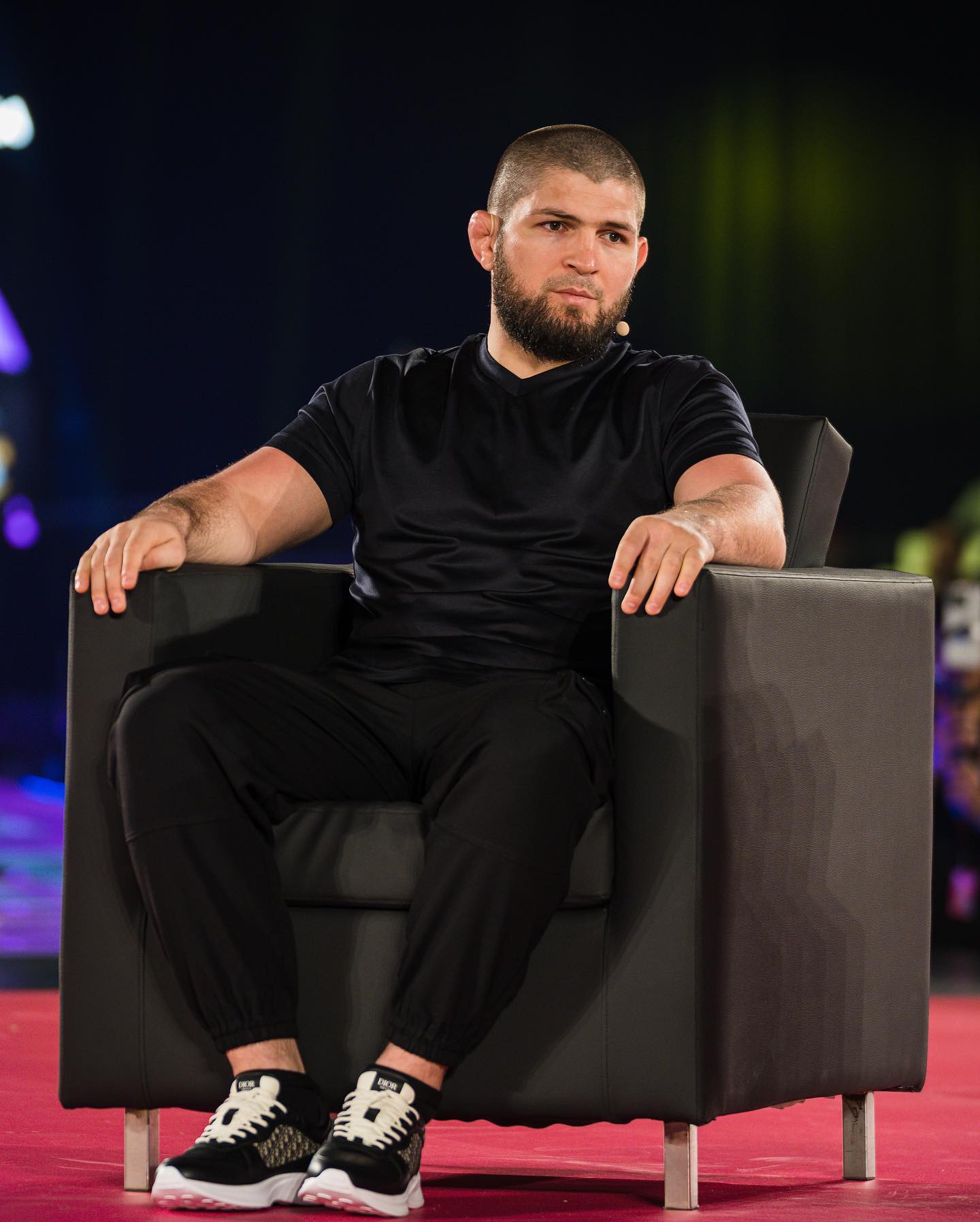Why Did Khabib Retire? This is a common question for all UFC fans. Everyone wants to know why the undisputed Khabib retired earlier.
The news of Khabib Nurmagomedov’s retirement in October 2020 sent shockwaves through the mixed martial arts world. At the peak of his career, unbeaten with a record of 29-0, Khabib’s decision to exit the octagon came unexpectedly. However, the reasons for his retirement reveal a deeply personal narrative, primarily centered around family and commitment to promises made.
The pivotal moment that influenced Khabib’s decision was the death of his father, Abdulmanap Nurmagomedov, in July 2020. Abdulmanap was not just a father to Khabib but his mentor, coach, and tactical guide. His passing due to complications related to COVID-19 was a significant emotional blow. Khabib had always attributed his success to his father’s rigorous coaching and philosophical guidance. The void left by Abdulmanap’s passing was immense, causing Khabib to reevaluate his career and life priorities.
Throughout his career, Khabib had been vocal about his deep bond with his father and their aspirations together. His father’s presence in Khabib’s corner during fights was more than just symbolic; it was strategic and emotional support. Abdulmanap’s loss left Khabib without his guiding force, causing him to contemplate stepping away from the sport.
Another defining element in Khabib’s retirement decision was his promise to his mother. Following his father’s passing, Khabib assured his mother that his fight against Justin Gaethje at UFC 254 would be his last. His mother, concerned for his well-being and the emotional strain of continuing without his father, urged him to retire. In keeping with his cultural and familial values, Khabib honored her wishes. After his victory over Gaethje, he confirmed his retirement in an emotional post-fight interview, elucidating that he couldn’t continue fighting without his father’s presence.
Khabib’s remarkable career was also characterized by unprecedented discipline and dedication. Despite his age and potential for extending his unbeaten streak, he had achieved nearly everything an MMA fighter could dream of—UFC Lightweight Champion, multiple title defenses, and a legendary record. For Khabib, maintaining an unbeaten record and retiring as a champion was preferable to risking his legacy. His philosophy was simple: leave on your terms, at your peak, rather than overstaying and tarnishing an otherwise impeccable career.
Additionally, Khabib’s retirement can be viewed through the lens of his broader ambitions beyond fighting. A devout Muslim, he often emphasized a life led by principles, community service, and religious commitments. Post-retirement, Khabib expressed interest in philanthropic endeavors and promoting MMA in regions with untapped potential. He established his promotion, Eagle Fighting Championship, aiming to provide a platform for amateur fighters and promote the sport globally.
Ultimately, Khabib’s retirement encompassed a blend of personal loss, familial responsibility, and strategic foresight. It underscored the values he held dear—family, legacy, and honor. While fans and critics alike may ponder on the missed opportunities of potential matchups, Khabib’s decision reflects a narrative rarely seen in professional sports: quitting while undefeated, driven by personal and familial fidelity rather than external accolades and financial gains.

